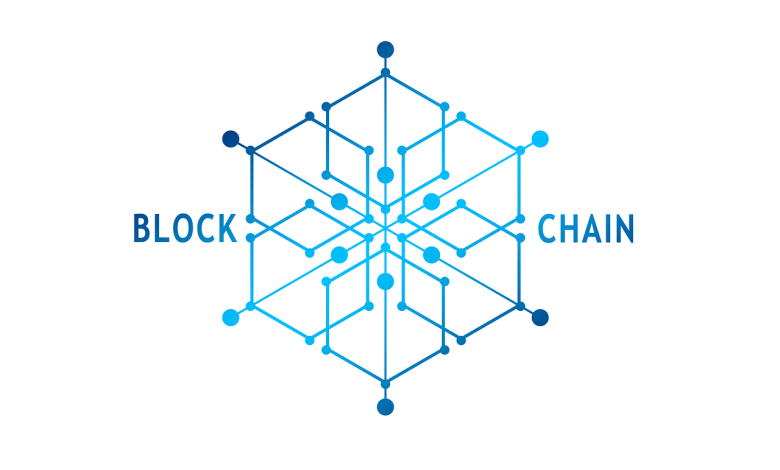The Benefits Of Blockchain In Limiting Counterfeit Drug Distribution

A review by Swedish researchers has identified the benefits of smart contracts on blockchain platforms in the pharmaceutical supply chain and its role in combating counterfeit drugs.
While the counterfeit market is estimated to be a market of over $200 billion and despite its benefits, blockchain technology has not been fully implemented in the pharmaceutical supply chain, according to the paper.
Challenges in the pharmaceutical supply chain
Pharmaceutical supply chain issues include long transportation distances, low transparency of inventory levels, and cargo theft. These can lead to inventory shortages, the paper noted.
The review stated that therapeutic innovation has resulted in the production of expensive drugs to treat rare diseases, which need to be available on time. For instance, these drugs must be equipped with real-time insights.
Benefits of blockchain technology in the pharma supply chain
Blockchain technology can address these issues in the pharmaceutical supply chain by providing timely data and increase shared data’s authenticity, integrity, and invariability. This can reduce the willingness for counterfeit and less accurate data, according to the review.
A benefit of blockchain in the pharmaceutical supply chain is its compatibility with other technologies such as radio frequency identification (RFID) and barcodes, plus its accessibility throughout the supply chain in real time.
An example shared in the paper were paperless mechanisms using blockchain to provide an unchangeable and decentralized system for preventing fraud. Smart contracts, which are essential for easing international trade and logistics operations, can enable the user to track fake returns to the producer and supplier using RFID tags.
Blockchain offers the possibility of non-modifiable data uploading with traceability and low-cost data storage. Additionally, real-time access to data is also available to patients to go through their clinical trials, as well as sponsors, which reduces the cost of trials.
While the complexity of distribution networks makes counterfeit detection difficult, the research highlighted a framework for using smart contracts and distributed ledgers to tackle this problem in the drug supply chain.
In conclusion, Kordestani et al. stated: “The end-to-end protection and privacy across a blockchain ensures safety for all stakeholders with opportunities such as discovering and reducing the impact of incidents, providing auditing of the chain, and providing transparency to the entire business instead of merely focusing on transactions.”
Source: European Pharmaceutical Review





